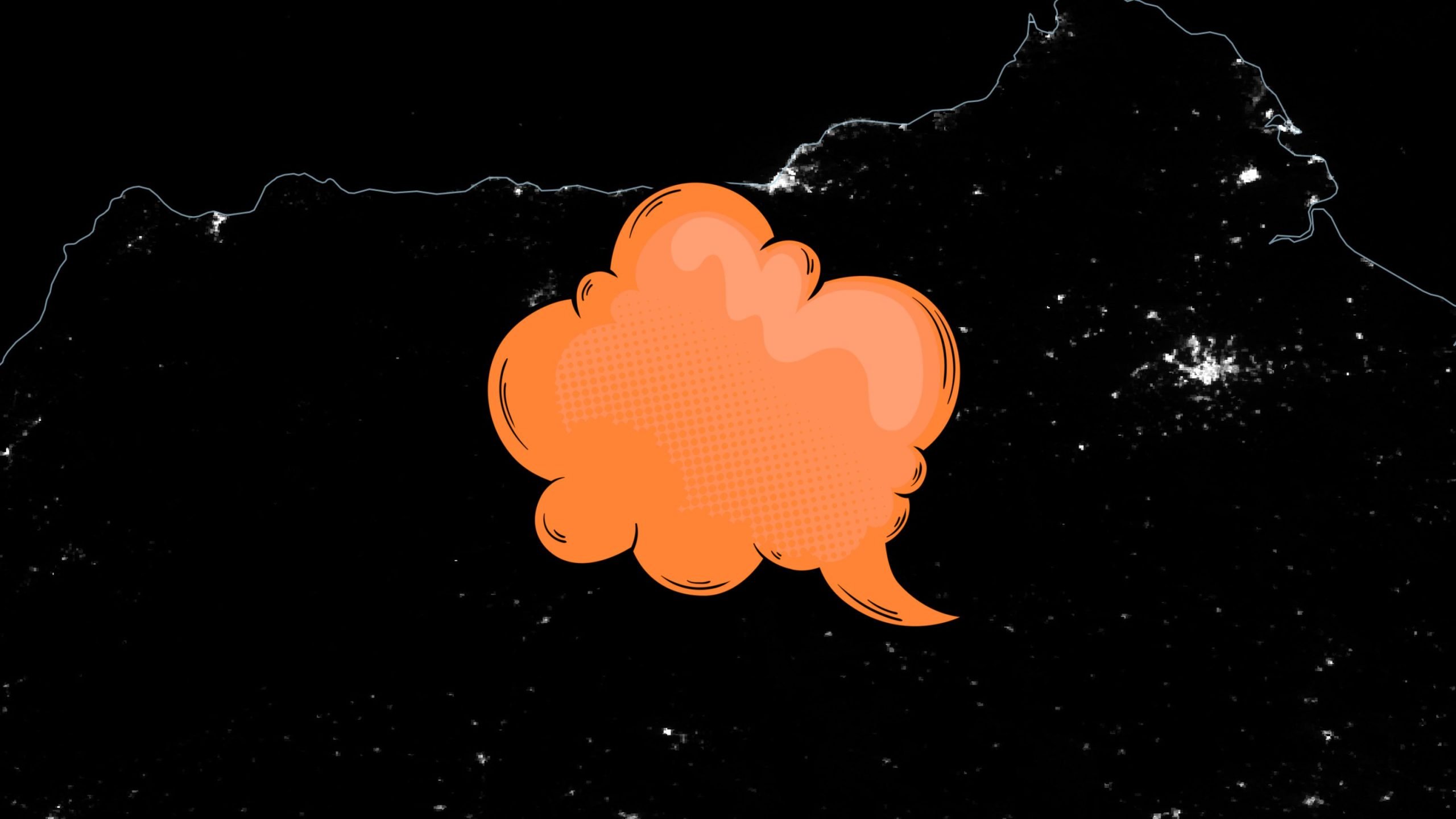These days, no event, incident, or occasion, regardless of its nature, appears to be too big or too small to use as an excuse to promote more censorship in the name of “combating disinformation.”
Last week, Spain and Portugal lived through an embarrassing episode of widespread electricity blackouts – and the current consensus is that the reason is even more embarrassing: old infrastructure, fraught with its own problems – that are only compounded by endless attempts to work “green” energy sources into it.
Trillions of dollars is the figure that experts are mentioning as needed to get the EU’s electricity grid up to speed – or rather, balance the reality with the aggressive “progressive” policy pushes so that a similar crisis is averted going forward.
But a conversation about these topics is apparently a hard one to have for the EU bureaucracy.
Instead, it, through the mouth of Commissioner for Preparedness, Crisis Management and Equality Hadja Lahbib, prefers to effectively misguide, and deflect away from that, and onto the key talking points that are sure to provoke a sense of paranoia among citizens: cyberattacks and supply chain disruptions (as a result of this type of threats).
In other words – instead of addressing actual problem(s), the focus is being shifted to how information around them should be best managed, to somehow score public opinion points.
Speaking for Spain’s El Mundo, Lahbib mentioned the EU Preparation Strategy, and the Union Strategy for Preparation – apparently, her “shorthand” for the formal, and oddly phrased, “EU Preparedness Union Strategy.”
It is a set of measures meant to “counter foreign information manipulation and disinformation more systematically” by fully using the EU’s Foreign Information Manipulation and Interference (FIMI) toolbox, the censorship law Digital Services Act (DSA), and the censorship initiative – the upcoming European Democracy Shield.
So, let’s talk about the state of the EU’s electrical grid, why it is the way it is, who is responsible, and what concrete steps are being taken to remedy the massive problem.
Judging by Hadja’s statements – let’s not. Let’s just accept that the system is rotten – and then, simply how to “survive” the crises.
She decided to take a “victory lap” regarding the supposed relevance of the Strategy in situations like this, and specifically something called “the 72-hour survival kit.”
It has to do with things like floods and fires – but those references take the backseat to “threats to our phones, computers, banks, supply chains, raw materials, and even the media we consume.”








